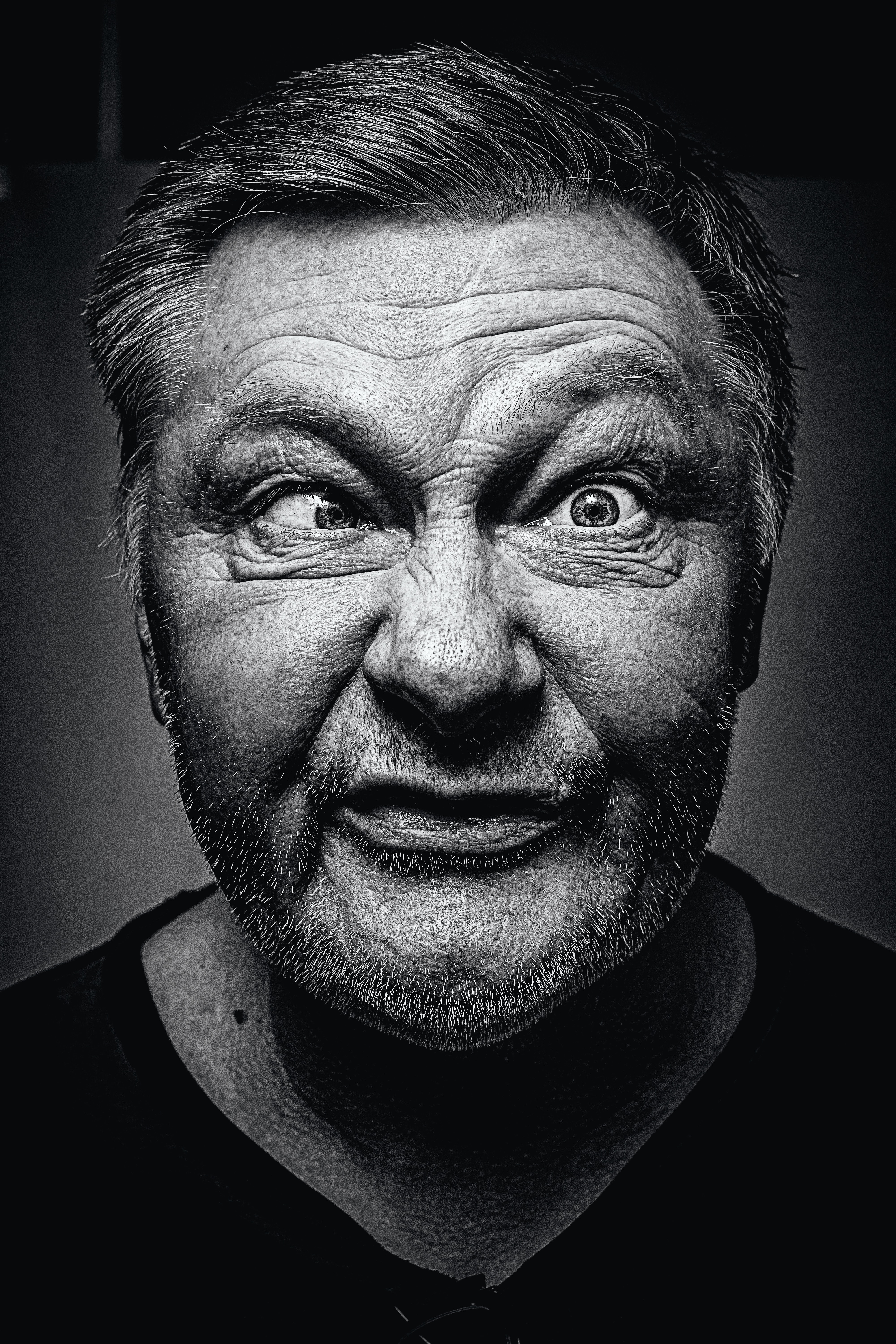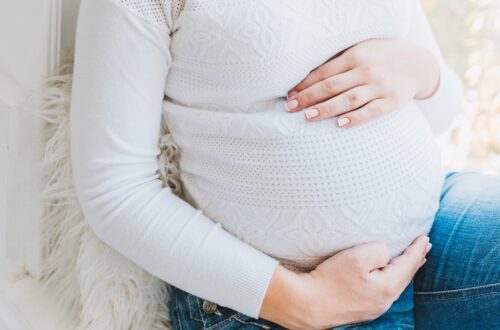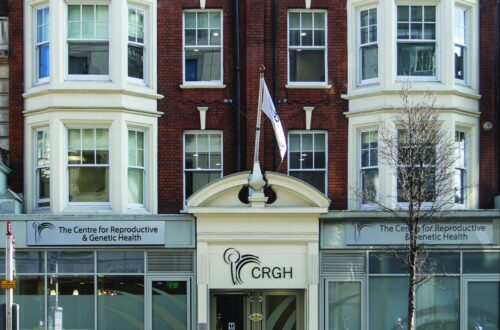
Equitable Fertility Treatment; gaps and recent wins for the LGBTQIA+ Community
by Carole Gilling-Smith, The Agora Clinic, Brighton
As both a fertility expert and a mother, I passionately believe that everyone, irrespective of their gender identity, sexual orientation or relationship status, should experience the joys of parenthood. As UK leaders in inclusive fertility care, every day at the Agora Clinic in Brighton we celebrate Inclusivity and diversity through our different programs of fertility care, tailored to the needs of the individual and couple. We are fortunate to also have a very generous and inclusive NHS fertility policy in Sussex. But taking a bird’s eye view of NHS funding of fertility treatment as a whole in the UK, a huge divide still exists; some are eligible, and some are not and those that fare worst in the whole post-code lottery shambles of fertility funding are those from the LGBTQIA+ community.
The good news is that there is change in the air, but I have my reservations and, in my view, the current NHS approach to equality and diversity when it comes to fertility funding is sadly a tale of the good, the bad and the ugly.
The Good

Integrated Care Boards (ICBs) are the new local bodies responsible for the planning and commissioning of healthcare services. A few, notably Sussex, North Central London and North East London ICBs, have recently taken the bold and admirable step of reviewing the gaps and omissions in their existing fertility policy. Benchmarking themselves against the now somewhat outdated National Institute of Clinical Excellence (NICE) guidelines for fertility assessment and treatment (first published in 2013), they have made some radical and positive changes to the benefit of those from the LGBTQIA+ community.
Since November 2021, Sussex ICB has offered those in same sex female relationships, or those planning solo parenting using donor sperm, the option of NHS funded donor sperm treatment. Initially, 6 cycles of donor sperm insemination are offered (the cost of the donor sperm is also fully funded) and, if this doesn’t lead to successful pregnancy, up to 3 fresh cycles of IVF is funded. If frozen embryos are created from the IVF treatment, up to three frozen embryo transfer cycles are also funded. Eligibility criteria include being under 40 years of age, having a BMI of under 30 kg/m2, being a non-smoker, and for the person having treatment to have no living children. North East London and North Central London introduced a similar policy in 2022 following public consultation, review of NICE Guidelines, research data and best practice.
Consideration has also been given to the difficulty trans folk have in accessing NHS funded treatment. Sussex ICB for example ICB offers a single IVF cycle to preserve eggs or the collection of up to 3 samples for the fertility preservation of sperm to all those diagnosed with gender dysphoria planning to start cross hormone therapy. Eligibility for trans fertility preservation no longer rests on the age-old pre-requisite of having been seen at an NHS Gender Identity Clinic, where current waiting times to be initially assessed runs into years. A GP qualified in assessing those with gender dysphoria can make the referral.
The Bad

Even though some ICBs are finally modernising their fertility policy to be in line with NICE guidance, the new model for funding remains far from equitable and certain aspects contradict the Government’s pledge as stated in the Women’s Health Strategy. Same sex lesbian couples and single women need to ‘qualify’ for NHS funded donor sperm intrauterine insemination treatment by first self-funding funding either 6 or 12 attempts of insemination with donor sperm. They argue that this is to make their policy ‘fair’ as heterosexual couples will only be considered for NHS fertility investigations and treatment if they have failed to conceive after 12 months of unprotected intercourse. The big difference is that the former group of patients have a huge bill to pay to prove their eligibility for NHS funding if one considers the cost of donor sperm and insemination, and the latter have no bills to pay. Furthermore, heterosexual couples don’t have to ‘prove’ they have been trying to conceive for a year. Just to unpick that last point; on the basis of equality, surely ICBs have no right to ask a same sex female couple or single person for ‘proof’ that they have completed the requisite 6 or 12 cycles to qualify, or indeed that they have actually paid money to have such treatment, whether that be at home or in a clinic. Which begs the question, what exactly do they have to say or demonstrate to qualify?
The other big negative about the need to self-fund insemination cycles to qualify is that it does encourage many, who would not do otherwise, to consider home self-insemination with a known sperm donor or donor sourced from the internet rather than a clinic to qualify, something which unfortunately carries significant risks and has legal implications when it comes to recognising the legal parents of the child. These updated ICB policies therefore not only fall short of being equitable, they encourage those who need donor sperm to conceive to take unacceptable risks which could have significant implications to their future health and that of their child. One further howler in this policy is that no one who has failed to conceive after 6, or indeed 12, rounds of donor sperm insemination should be put through a further 6 rounds of NHS funded intrauterine insemination –fertility specialists would advise them at this stage that their best option is to go straight to IVF with donor sperm. The mental health implications and anguish of those who suffer repeated failed attempts at donor sperm insemination treatment seems to have escaped those that sit in offices and shape NHS policies.
One final comment on this topic is that in the light of the Women’s Health Strategy (WHS), which states that it will no longer be a requirement for same sex couples to pay for artificial insemination to prove their fertility, these updated policies have no option but to be revised. The WHS does not however mention single women.
The Ugly

For same sex male couples or those people who need to conceive through egg donation and surrogacy, there is a howling omission to these updated fertility policies. Where is the NHS support for those who need to create embryos to be transferred into a surrogate? To be equitable, any CCG that funds donor sperm treatment should also fund egg donation treatment and in doing so should in addition recognise that the ability to self-fund egg donation and surrogacy is limited to those that are more than comfortably well off. Of course, the commissioners argue, we cannot possibly fund surrogacy as this is too complex, has multiple ethical issues and the law around surrogacy in the UK is still unclear (or similar excuses). The funding of surrogacy would for the NHS come with a huge price tag so little surprise there but what about a compromise; what about the NHS just funding the creation of embryos using the intended parents’ gametes or one intended parent’s gametes (sperm or egg) and donor sperm or egg. Just as same sex female couples have successfully challenged the NHS on the grounds of discrimination, I would urge a similar approach by future same sex IPs.
The Take-Home Message
Whilst the various ICBs across the UK make inadequately small steps towards better equality in NHS fertility funding, rest assured, we clinicians will also fight your corner. Whether the surrogacy part is eventually considered eligible for NHS funding remains to be seen, but whilst we are navigating in the murky, unchartered waters of new surrogacy legislation, the NHS will in its very predictable way hide its head well under the parapet!





